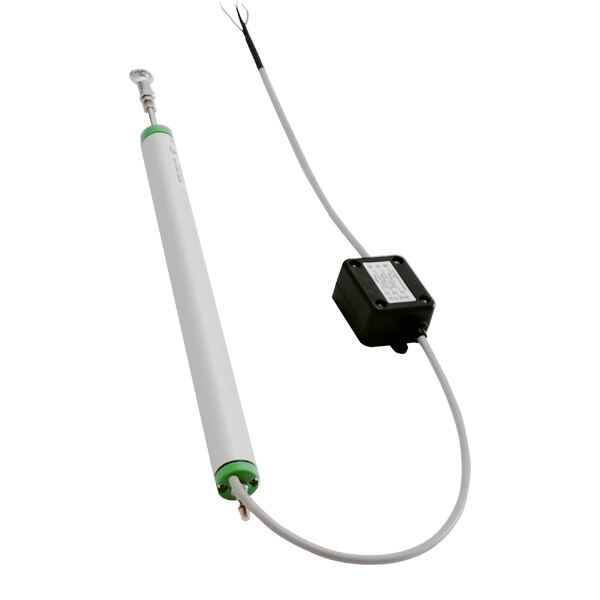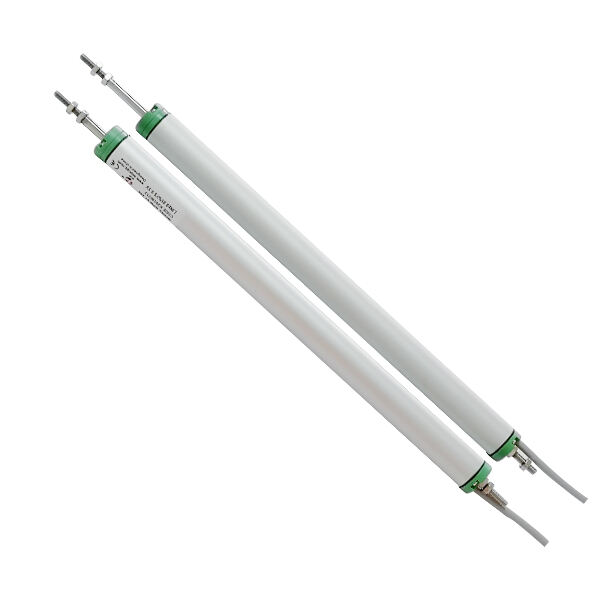Further, linear motion sensor similarly applies in automation processes for various industries (like automotive industry, aerospace and robotics), which also where this article focusses. This SOP linear motion sensor is used for positional and velocity measurements of articles on a linear moving path, thus presenting useful information to control systems. There are quite a few important considerations you need to make when selecting the best sensor for your project, this includes accuracy, resolution and sensing range as well as environment compatibility.
Linear Potentiometers - As a relatively simple and inexpensive piece of technology, linear potentiometers are used in all applications requiring high accuracy. They are larger sensors, and measure position directly using a sliding contact on resistance element - lower precision suitable for less critical task. But they generally give resolutions to fractions of a millimeter.

Linear encoders employ optical or magnetic sensors to deliver precise measurements, which is perfect for automation and robotics. These sensors include lead screw and ball screws which can be as accurate up to 0.1 micrometers, with resolutions down to < 0.002 micrometers for ultra-high-precision applications full scale travel depth measurements required at the smallest of scales.
Some sensors that are based on electromagnetic induction principle, such as LVDTs (Linear Variable Differential Transformers), which delivers high precision of displacement measurement. For harsher environments and situations where inductive or optical sensors are not ideal, capacitive sensors serve as a great alternative. With sensitivities as low as 0.5 micrometers, LVDTs can Record Displacement measurements with precision.

One of the clearcut application areas for linear motion sensors is industrial automation processes, when it comes to tracking machine locations and/or otherwise controlling machinery with fine-tuned precision. Position feedback is a valuable data set for many automotive functions and providing it can help increase the efficiency, accuracy of numerous systems throughout a vehicle to perform better. SOP linear sensor plays a critical role by bringing precision to move and associated operations for robotics, machine tools getting intelligence into working of machines in industry implementing automation.

Choosing the proper linear motion sensor for your next project is multifaceted as you have to consider things like accuracy, resolution, sensing range and environmental considerations. SOP linear position sensor has their own set of pros and cons, which is why it is important to pick one that suits your needs. Whether you choose sensors from major industrial players like consider specialized automotive applications or more open-ended robotics uses; a clear understanding of what is possible with various types of sensor technology will be critical to getting your solution right.
SOP is a high-tech manufacturer has over 20 years of Linear movement sensor production and worked with more than 5000 customers around world. It is a well-established company engaged research, development and production of different types of sensors.
Our company been accredited by CE, RoHS, ISO9001 well as other certifications. Before shipment, we examine each product. SOP also provides engineers offer after-sales Linear movement sensor solve any problems with product.
Customers can choose from a variety transport services. We provide secure packaging and quick shipping all stock goods. The Linear movement sensor information be sent to you following delivery your goods.
Our main products are comprised different types of sensors, such Linear movement sensor displacement sensor drawing wire sensor LVDT sensor, load cell torsion sensor, magneto sensor, pressure sensor, etc. We provide OEM/ODM services depending on the need's client.